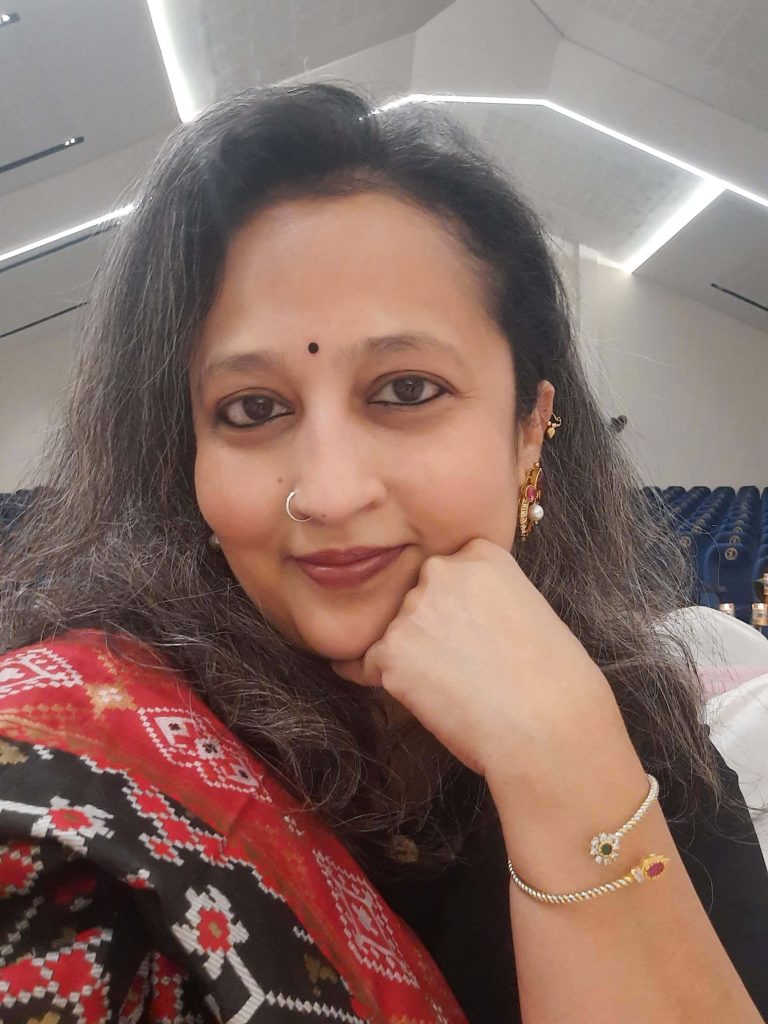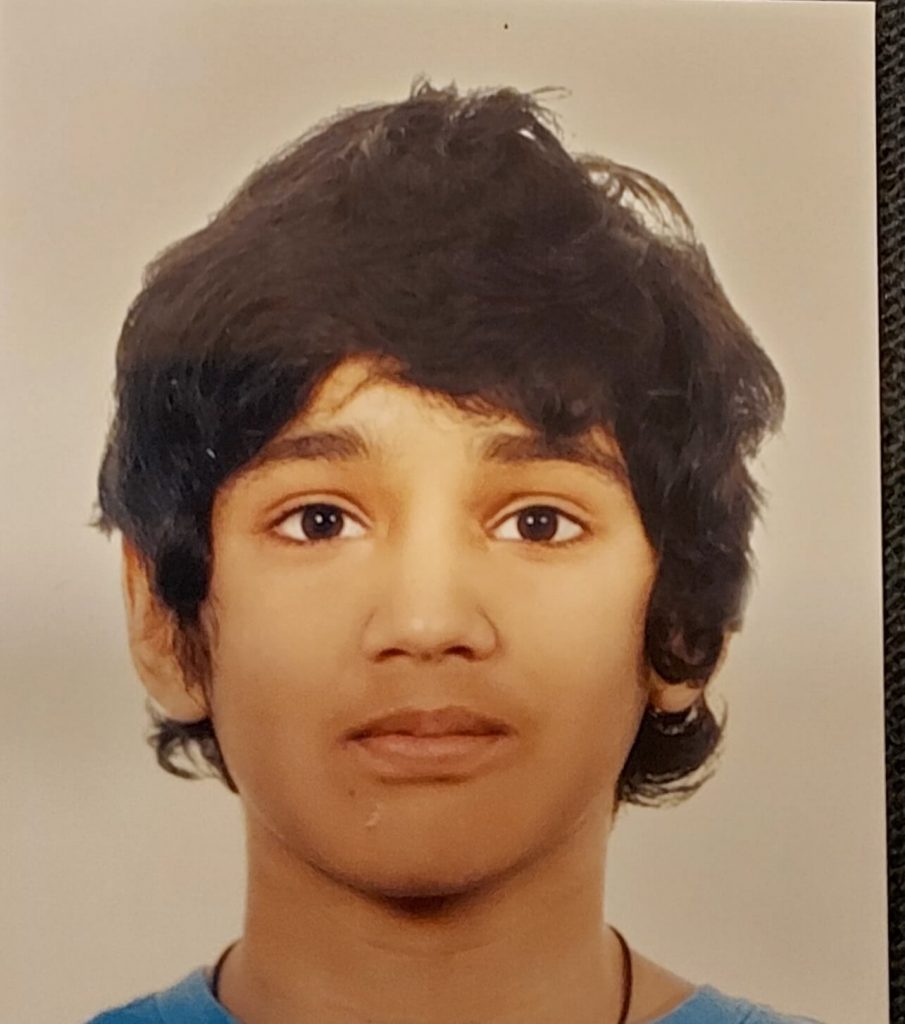Our Schools
Ekya School Byrathi engaged students in activities that taught life lessons in a fun and casual way. In this blog, you can get a gist of Kannad and Shloka learning session at our Byrathi campus.
Elementary Kannada Class (Grades 1-3)
Grades 1 to 3 started their first Kannada class apart from their curriculum. These sessions are primarily designed to develop and establish comprehensive learning and understanding of the Karnataka state’s official language – Kannada.
The aim is to train our students to handle situations in life. We believe that the key to many problems is not being acquainted with the local language. Since Kannada, one of the classical languages of India is the most widely spoken and official language of the state, our language expert Mr. Kalachary is training the students in a fun and interactive way.
Session details: Oral & Writing Skills.
In this session, the students were introduced to Kannada alphabets (pronouncing and writing) and common, local names of fruits and vegetables used in the Kannada language. The instructor showed a video clipping in which an image and name of the particular vegetable/fruit would appear and pause for 10-15 seconds. 15 seconds would give time for students to listen, see the visual and understand which vegetable has what name. They could associate with the sound of the name of the vegetable/fruit. The activity was repeated several times to help students connect with the new sounds and pronunciation in the new language, especially for the students who communicate in different languages back in their homes.
Shloka/Prayer Recitation (Montessori)
Students of Ekya Early Years participated in reciting shloka/prayers which they are familiar with. Our students recited prayers from the culture they belong to. This event justifies our motto – Together as One (we are glad to have multiple cultures and communities under one roof) through which the students get to explore and interact, understand and respect the culture of their fellow classmates. Three students received badges for their performance in the recitation.
Shloka: Saraswati Namastubhyam Varade Kaama- Roopini. Vidyaarambham Karishyaami Siddhir-Bhavatu Me Sadaa. This prayer is usually practiced in the morning prayers in schools before starting the day.
Meaning: Requesting Goddess of Knowledge -Saraswathi, to bless us with awareness and shower strength upon us so that we achieve the goals set for us in a positive manner. Vidyaarambham Karishyaami Siddhir-Bhavatu Me Sadaa means requesting Goddess to give us the strength to identify the path of success as we learn new things every day.
More stories from Ekya:
Expert talk by Dr. Siddharth P. Singh – Ekya School ITPL




 Dr. Siddharth explained his quest for knowledge through an illustration, He drew an analogy from the circle of life - as the circle gets filled up, the curve of knowledge grows and a big bump gets created on the side of the circle, this is marked as the area of growth /specialization. He emphasized on the fact that once we reach the edge of knowledge it is important to focus and to continuously push the boundaries until a massive dent is created. This dent is called Ph.D. This illustration helped us to understand how scientists have researched, explored and pushed for innovation and transformations.
We watched a short clip from the famous TV show ‘ Cosmos’ that showed the scientific embarkment of Clair Camerson Catterson. The video presented the appalling data that Catterson uncovered from his research. The results stirred him so much that he became a lifelong advocate for protecting the earth. Dr. Siddharth took the opportunity to share the degree of impact that new discoveries have on everyone. Focussing on his own research he talked about ‘Game Theory’. It is a fascinating field that constructs mathematical models which determines possible results in a variety of situations.
Having completed his Ph.D., Dr. Siddharth suggested a few points to keep in mind. He talked about the importance of keeping oneself in good social circles and interacting with other researchers while pursuing one's own Ph.D. There is an incredible amount of knowledge that people share and gain through communication. Overall this was one of the kinds of interaction with an expert We were encouraged and inspired to follow our dreams and be continuous learners.
Dr. Siddharth has received his education from reputed institutions such as; Tepper School of Business, Carnegie Mellon University May- 2015, MS in Operations Management, Department of Industrial Engineering, Indian Institute of Technology (IIT) Kharagpur- July 2011, BTech in Industrial Engineering, MTech in Industrial Engineering and Management
by Diti Nagaonkar - Grade 12 B
Dr. Siddharth explained his quest for knowledge through an illustration, He drew an analogy from the circle of life - as the circle gets filled up, the curve of knowledge grows and a big bump gets created on the side of the circle, this is marked as the area of growth /specialization. He emphasized on the fact that once we reach the edge of knowledge it is important to focus and to continuously push the boundaries until a massive dent is created. This dent is called Ph.D. This illustration helped us to understand how scientists have researched, explored and pushed for innovation and transformations.
We watched a short clip from the famous TV show ‘ Cosmos’ that showed the scientific embarkment of Clair Camerson Catterson. The video presented the appalling data that Catterson uncovered from his research. The results stirred him so much that he became a lifelong advocate for protecting the earth. Dr. Siddharth took the opportunity to share the degree of impact that new discoveries have on everyone. Focussing on his own research he talked about ‘Game Theory’. It is a fascinating field that constructs mathematical models which determines possible results in a variety of situations.
Having completed his Ph.D., Dr. Siddharth suggested a few points to keep in mind. He talked about the importance of keeping oneself in good social circles and interacting with other researchers while pursuing one's own Ph.D. There is an incredible amount of knowledge that people share and gain through communication. Overall this was one of the kinds of interaction with an expert We were encouraged and inspired to follow our dreams and be continuous learners.
Dr. Siddharth has received his education from reputed institutions such as; Tepper School of Business, Carnegie Mellon University May- 2015, MS in Operations Management, Department of Industrial Engineering, Indian Institute of Technology (IIT) Kharagpur- July 2011, BTech in Industrial Engineering, MTech in Industrial Engineering and Management
by Diti Nagaonkar - Grade 12 B
More stories from Ekya:
- What makes you YOU? - Social Issue For The Month By Trishikha Kiran Rao, Ekya JP Nagar
- Foldscope Grant awarded at Ekya Schools and CMR Group of Institutions
- Expert talk by Ms. Nandini Yadalam.
- Interview with Dr. Dwarakadasa, Chairman, Electrochemical Society of India (ECSI) - Ekya School ITPL
- Nurturing future leaders — Encouraging inquiry in children by Mr. Ankit Agrawal
Draft National Education Policy (2019)
Draft National Education Policy (2019):
Teaching, learning and evaluation aspects
- Restructuring the school education system from grade/standard to stages
- The proposed structure is divided into the foundational stage (3 years of pre-primary and Grade 1-2), preparatory stage (Grades 3-5), middle (Grades 6-8) and high (Grades 9-12) stages.
- This new structure takes into serious consideration the cognitive development points that take place in young children.
- This further helps clarify the curriculum and pedagogy suitable for each stage. For example, the policy states the need for play-based, activity-based and discovery-based flexible styles of learning and interaction in the foundational stage.
- Similarly, in the subsequent stages, the teaching-learning processes are expected to evolve appropriate for each stage.
- Transitioning towards a curriculum that better prepares our children for the future
- Skills such as scientific temper, sense of art and aesthetics, Indian languages, communication, ethical reasoning, digital literacy, knowledge of India, and knowledge of current affairs are proposed to be integrated into the design and implementation of the national curriculum.
- Additionally, physical development and cognitive development with the aim to instil problem-solving and logical reasoning skills starting at the foundational stage (pre-primary – Grade 2) are proposed to be integrated as part of the curriculum.
- The policy also highlights the importance of vocational exposure starting from middle stages (Grades 6-8) and above to be incorporated as part of the curriculum.
- Project-based learning is recommended to help uncover children’s talents, dispositions, and interests, instead of relying on one universal learning and evaluation approach
- Promoting children’s interests and talents through topic-centered and project-based clubs, Olympiads and competitions
- Enabling the use of technology for improving teaching-learning processes and outcomes
- The scope for using technology is exhaustive. The policy highlights using technology in areas such as training and professional development of teachers, for learning and evaluation, immersive and interactive content creation.
- Instilling the value of lifelong learning (a skill needed to succeed in the 21st century) among teachers is also emphasized. Subject knowledge of teachers needs to be continuously upgraded. Online education is one of the suggested means for upskilling teachers’ subject knowledge.
- Reducing the board exam pressure on students
- Taking cognizance of the pressure of the board examinations on children, the policy has suggested flexibility in choice and of subjects and time whenever they feel most ready.
- This is a step seen among the policy designers to promote holistic development, flexible and individualized curricula, and assessment for learning. The draft policy discourages rote learning strategies and opting for coaching to prepare for the board examinations.
- The proposed format for board examinations will follow testing of understanding of concepts and knowledge, critical thinking, analysis and application over content.





















Leave a reply